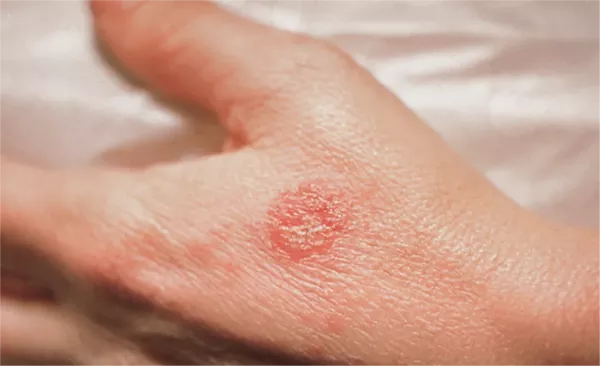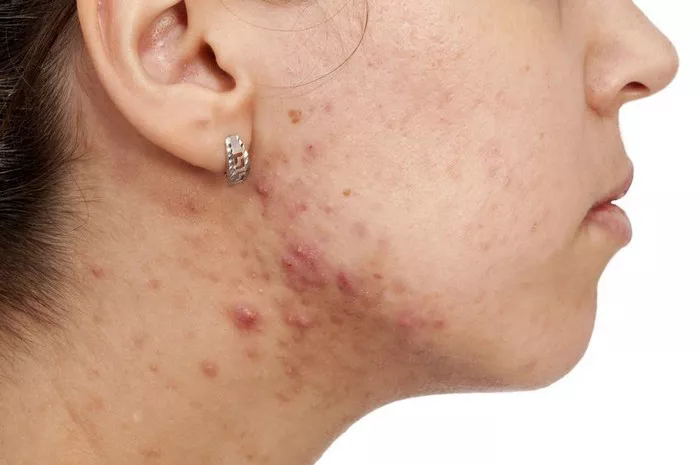Eczema, also known as atopic dermatitis, is a common skin condition that causes inflammation, redness, and itching. It can affect people of all ages but is especially prevalent in children. While there are many treatments available, home remedies can also provide relief from symptoms. This article will explore effective home remedies for eczema, focusing on natural ingredients and simple practices that may help soothe the skin.
Understanding Eczema
Before diving into home remedies, it is important to understand what eczema is and what triggers it.
What Causes Eczema?
Eczema is caused by a combination of genetic and environmental factors. Common triggers include:
Dry Skin: When skin lacks moisture, it can become itchy and inflamed.
Irritants: Certain soaps, detergents, and fabrics can irritate the skin.
Allergens: Pollen, pet dander, and dust mites can trigger flare-ups.
Stress: Emotional stress can worsen symptoms.
Climate: Changes in temperature and humidity can impact eczema.
Symptoms of Eczema
Eczema symptoms can vary, but common signs include:
- Red or brownish-gray patches
- Dry, sensitive skin
- Intense itching
- Thickened, cracked skin
- Small, raised bumps that may leak fluid
Home Remedies for Eczema
Here are some effective home remedies that can help alleviate eczema symptoms.
1. Moisturizers
Keeping the skin hydrated is crucial for managing eczema.
Types of Moisturizers
- Creams and Ointments: Thick creams and ointments are more effective than lotions. Look for products that contain ceramides or hyaluronic acid.
- Natural Oils: Oils like coconut oil, olive oil, and almond oil can provide moisture and have anti-inflammatory properties.
How to Use
Apply moisturizer immediately after bathing to lock in moisture. Reapply throughout the day, especially after washing hands or face.
2. Oatmeal Baths
Colloidal oatmeal can help soothe itchy skin.
How to Prepare an Oatmeal Bath
- Use Colloidal Oatmeal: Buy colloidal oatmeal or make your own by grinding oats in a blender.
- Add to Bath: Sprinkle 1 to 2 cups of oatmeal into warm (not hot) bath water.
- Soak: Stay in the bath for 15-20 minutes. Pat the skin dry and apply moisturizer afterward.
3. Honey
Honey has natural antibacterial and anti-inflammatory properties, making it a great remedy for eczema.
How to Use Honey
- Direct Application: Apply raw honey directly to the affected areas. Leave it on for about 30 minutes before rinsing off.
- Honey and Coconut Oil Mixture: Mix equal parts honey and coconut oil. Apply to the skin for additional hydration.
4. Aloe Vera
Aloe vera is known for its soothing properties and can help relieve eczema symptoms.
How to Use Aloe Vera
- Direct Application: Apply fresh aloe vera gel directly from the plant to the affected areas.
- Aloe Vera and Coconut Oil: Mix aloe vera gel with coconut oil for added moisture.
5. Apple Cider Vinegar
Apple cider vinegar may help balance the skin’s pH and has antimicrobial properties.
How to Use Apple Cider Vinegar
- Dilution: Mix one part apple cider vinegar with three parts water.
- Topical Application: Use a cotton ball to apply the solution to the affected areas. Rinse after 10-15 minutes.
6. Baking Soda
Baking soda can help relieve itching and reduce inflammation.
How to Use Baking Soda
- Baking Soda Bath: Add 1 cup of baking soda to a warm bath and soak for 15-20 minutes.
- Paste for Itch Relief: Mix baking soda with water to create a paste. Apply to itchy areas for about 10 minutes before rinsing off.
7. Dietary Changes
What you eat can impact your skin health. Certain foods may trigger eczema, while others can help.
Foods to Avoid
- Dairy Products: Milk and cheese can worsen symptoms for some individuals.
- Gluten: Some people find relief by reducing gluten intake.
- Processed Foods: Foods high in sugar and preservatives can trigger inflammation.
Foods to Include
- Omega-3 Fatty Acids: Foods like salmon, walnuts, and flaxseeds can help reduce inflammation.
- Fruits and Vegetables: A diet rich in fruits and vegetables can boost overall skin health.
8. Herbal Remedies
Certain herbs may provide relief from eczema symptoms.
Chamomile
Chamomile has anti-inflammatory properties.
- Chamomile Tea: Brew chamomile tea and let it cool. Use a cotton ball to apply the tea to the skin.
- Chamomile Oil: Use diluted chamomile essential oil in a carrier oil and apply it to the affected areas.
Calendula
Calendula can help soothe irritated skin.
- Calendula Cream: Look for creams containing calendula extract. Apply as needed to affected areas.
9. Stress Management
Since stress can trigger eczema, incorporating stress-relief techniques can be beneficial.
Techniques to Try
- Meditation: Spend a few minutes daily practicing mindfulness or meditation.
- Yoga: Gentle yoga can help reduce stress and improve overall well-being.
- Breathing Exercises: Deep breathing can help calm the mind and body.
10. Lifestyle Adjustments
Making small lifestyle changes can significantly impact eczema management.
Clothing Choices
- Wear Loose Clothing: Tight clothing can irritate the skin. Opt for loose-fitting clothes made from breathable fabrics like cotton.
- Avoid Wool: Wool can be irritating to sensitive skin. Choose soft fabrics instead.
Temperature Control
- Avoid Hot Water: Hot baths and showers can dry out the skin. Use lukewarm water instead.
- Humidifiers: Use a humidifier in dry environments to maintain moisture levels in the air.
When to Seek Professional Help
While home remedies can be effective, it’s essential to consult a healthcare professional if:
- Symptoms persist or worsen.
- You experience severe itching or pain.
- You notice signs of infection, such as increased redness, swelling, or pus.
Conclusion
Eczema can be a challenging condition to manage, but many home remedies can help alleviate symptoms. Keeping the skin moisturized, using natural ingredients like honey and aloe vera, and making dietary and lifestyle changes can make a significant difference. Always remember to listen to your body and consult a healthcare professional if necessary. With the right approach, you can find relief from eczema and improve your skin health.
Related topics:

























